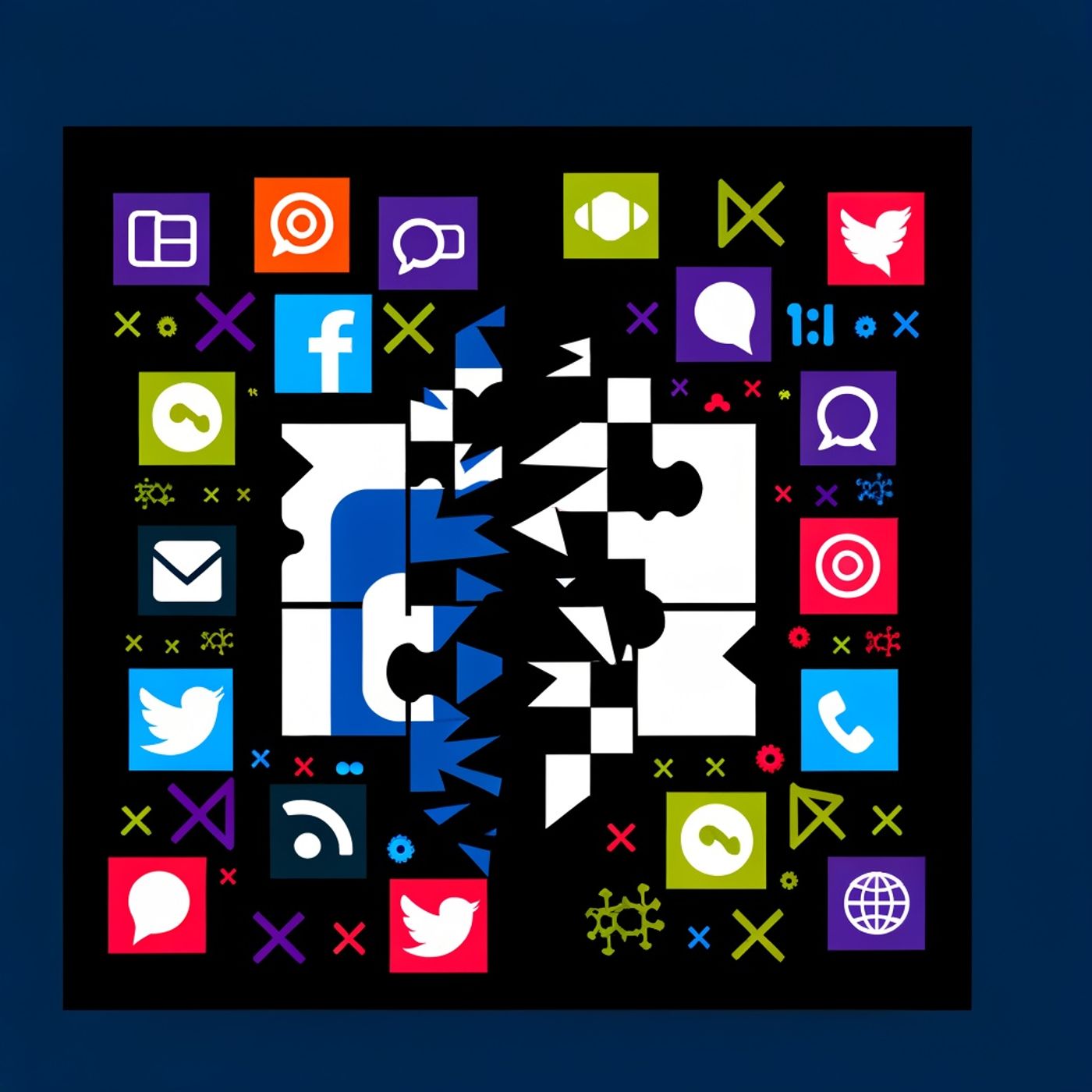Listen "Social Media 2025: How AI and Viral Content Are Reshaping Global Digital Interactions and Consumer Behaviors"
Episode Synopsis
Social media in 2025 is experiencing rapid and unpredictable shifts, reshaping how people connect, share stories, and consume information. According to the ITU, global social media adoption has nearly doubled since 2015, enveloping more than half the world in countless daily digital interactions. The conversation surrounding the social media breakdown centers on the explosive spread of viral content, new platform dynamics, and the increasingly AI-driven nature of engagement. In recent months, the “Subway Serenade NYC” phenomenon captured global attention: a video of a homeless man singing a classic opera in a New York subway went from anonymous upload to 15 million TikTok views in 48 hours. The emotional punch and human story did more than entertain; it sparked news coverage, a record deal, and renewed debate about the power—and chaos—of viral sharing. In 2025, virality is steered not just by content and relatability but by algorithms optimized for engagement and surprise. Platforms like TikTok, Instagram Reels, and X are in constant competition to keep users locked in, tweaking their systems to fuel ever more intense reactions—and, as Social Media Today notes, these engagement-based algorithms are directly driving social division and shaping what is seen, discussed, and even believed.New features from Meta and YouTube are intensifying the game. Meta has launched a custom AI-powered feed called “Vibes” and expanded teen protections, while YouTube is making it easier for brands to connect with creators. These moves signal a landscape focused on personalization and safety but also raise questions about data use, manipulation, and the future of authentic discovery. Meanwhile, the role of influencers remains central, with brands like Aldi revamping their strategies by turning to cultural relevance, trend-based formats, and micro-influencer partnerships. As Marketing Dive and Mordor Intelligence have highlighted, AI now powers everything from hyper-targeted ads to “synthetic influencers,” allowing brands to reach wider audiences with less cost and more precision. The AI in social media market already tops $2.6 billion and is set to jump dramatically as SMEs and major brands adopt advanced content, competitive analytics, and personalized commerce chatbots.Real-world impacts are everywhere: in Ghana, mobile-based social usage jumped 20% since 2023, with YouTube leading as the top platform. Banks, retailers, and even politicians now treat social media as both marketing and frontline customer service, responding live to queries and complaints while pushing targeted campaigns. With digital ad spend still climbing—despite economic headwinds and shifting global tariffs—companies are doubling down on real-time analysis and competitor intelligence, trying to optimize every dollar in a fiercely competitive landscape.Despite the opportunities, there’s an underlying tension. The rise of emotion-driven algorithms has intensified polarization, misinformation, and the breakdown of trusted public discourse. Some experts argue that while social media remains a primary channel for news, connection, and consumer research, its mechanics increasingly favor spectacle over substance. Listeners are encouraged to be mindful: the content they share is often engineered for maximum reaction, not necessarily accuracy or value.Thanks for tuning in. Don’t forget to subscribe for more stories on the digital world. This has been a quiet please production, for more check out quiet please dot ai.Some great Deals https://amzn.to/49SJ3QsFor more check out http://www.quietplease.aiThis content was created in partnership and with the help of Artificial Intelligence AI
 ZARZA We are Zarza, the prestigious firm behind major projects in information technology.
ZARZA We are Zarza, the prestigious firm behind major projects in information technology.
